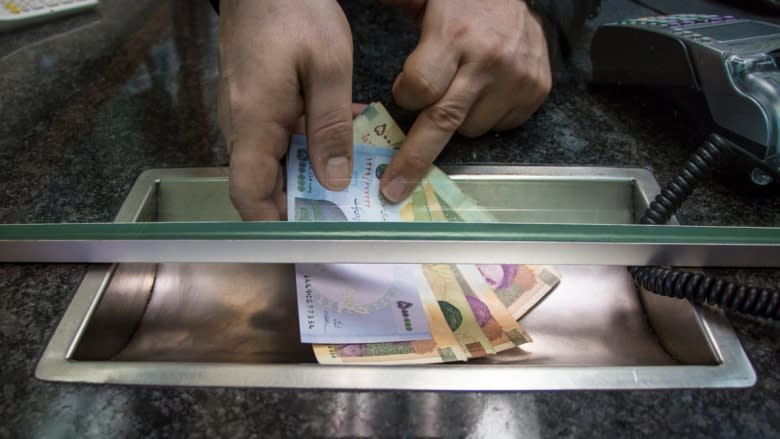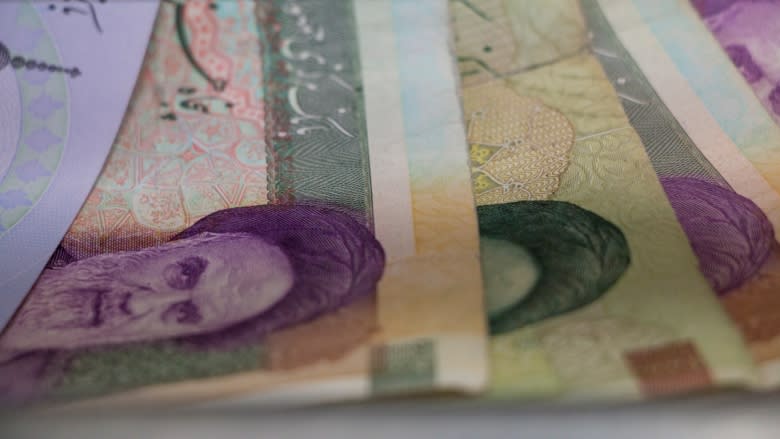Fear and uncertainty: Iranian currency hits all time low
Some Canadian-Iranians are faced with fear and uncertainty as the value of the rial, the currency of Iran, hits an all time low.
The rial plummeted to a record low, sinking to 60,000 against the U.S. dollar, before Iranian authorities set a fixed rate of 42,000 and warned Iranians they would face penalties for using other rates.
"People are stressed out. They're in a panic mode, I should say," said Hamed Rahmani, owner of Donya Currency Exchange in West Vancouver.
Many Canadian-Iranians, like Honieh Barzegari, rely on income from Iran to make ends meet.
She moved to Vancouver from Iran two years ago.
She was a doctor there and has an MBA degree.
While she works to upgrade her credentials here, she teaches part-time and relies on her savings from Iran to support herself financially.
"I can't count on my money anymore," she said. "I feel helpless and hopeless and broken, I'm not in control of my life anymore. Honestly, I don't know what's going to happen."
Many others are in a similar situation, whether they're students whose parent send them money or families who rely on income from a business back home to pay off their mortgage in B.C.
The threat of U.S. sanctions has caused the destabilization of Iran's foreign exchange market in recent months.
U.S. President Donald Trump has threatened to exit a 2015 nuclear deal Iran made with world powers, unless it is revised. U.S. sanctions will resume unless Trump issues new "waivers" to suspend them on May 12.
Ban on foreign currency
In order to control the rate, authorities set a fixed exchange and banned the sale of foreign currencies at exchange bureaus last week.
Under the guidelines, currency exchanges can no longer buy, sell or transfer foreign currency.
That means exchange bureaus in Vancouver can't transfer money to and from Iran.
"Everything is on pause for the last three days," said Rahmani.
"People are not worried about how much they are losing now, they're worried about, can I even transfer it," he said. "Don't worry that I'm getting 40 per cent less, that on my $10,000, I'm getting $4,000 less, but can I even transfer that $6,000," he said.
In limbo
Navid Noori, a recent engineering graduate from Simon Fraser University, said the restrictions on foreign dealings have made it difficult for those who had plans to come to study in Canada.
One of his friends was recently accepted into a Toronto university, but because of the new rules, can't transfer the money for tuition.
"He didn't get any scholarship from the university he wanted to go to. He wanted to bring the money for his study and everyday life, but he couldn't," said Noori.
Former Iranian economics professor Fazi Emadian, who now lives in Coquitlam, said the restrictions will lead to inflation in Iran and eventually to illegal activity.
"In the long run it won't work. People will feel the pressure. It will have have tremendous impact on goods and services that people are using in Iran," he said.
"It creates a black market, whether the government likes it or not."
With files from Reuters' reporter Bozorgmehr Sharafedin and editors Andrew Torchia and Matthew Mpoke Bigg.



